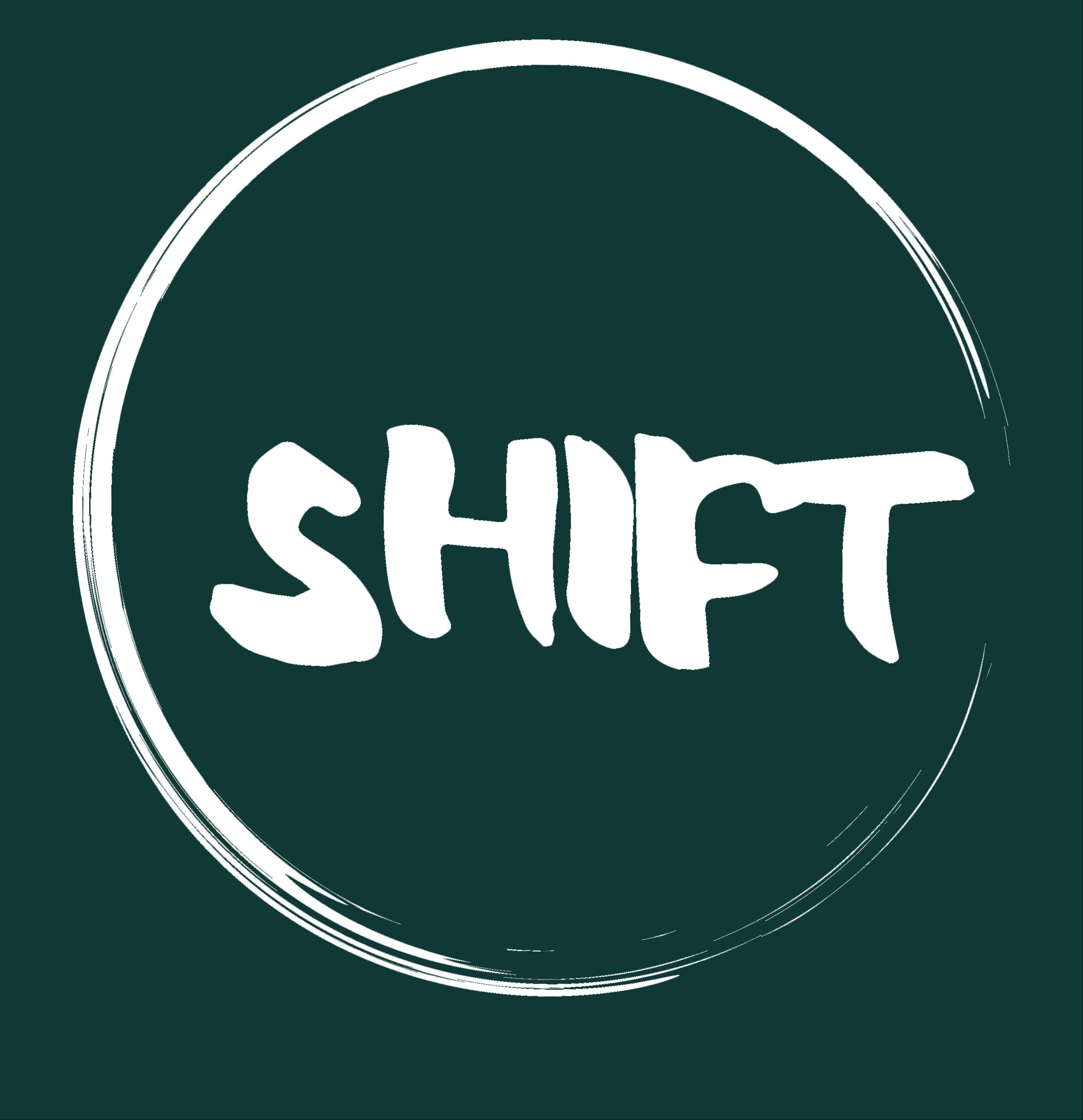Circular & Inclusive Benefits
Photo by Unsplash @JonTyson
If you’re reading this blog, you’re likely to agree that our current system has some serious design flaws. Designed to value financial profits to shareholders above planet and people, the current form of capitalism is driving the climate crisis and biodiversity loss. It is also concentrating wealth and creating vast inequalities.
Since we designed this current version of capitalism, the great news is, we can collaborate to design it better. And we can’t do it fast enough.
A system in which 26 billionaires own as much as 3.3 billion people (2018) undermines our democracies and contributes to economic stagnation. It creates collective social risk for businesses across all sectors. The urgency to act to solve the interrelated systems design flaws of inequality and environmental crises is now.
While government policies play an essential role in redistributing wealth and income to reduce inequality, businesses are missing valuable opportunities to strengthen their businesses and the communities on which they depend, by under-investing in “predistributing” wealth and income in their business models.
The transition to a circular economy presents a multi-trillion dollar collective opportunity to develop distributive, inclusive circular business solutions that share value with people and planet.
Benefits of an inclusive and circular economy:
From pay as you go payment systems enabling affordability, to living wages and employment social enterprises delivering inclusive income, to supplier diversity, employee ownership and social franchising building inclusive wealth, there are a range of ways that businesses can “predistribute” income.
Some of the many benefits of an inclusive and circular economy include:
Access new markets: Financial and business model innovations can bring sustainable solutions to low-income communities; Refurbish to expand product availability to secondary price-conscious markets;
Innovation: Bring community end of use repair know-how into product design for longevity; Leverage the innovation and creativity that a broader range of indigenous, minority, women and LGBT suppliers offer
Improve employee productivity, create wealth, reduce poverty: Employee share ownership and other ownership models have been shown to significantly increase employee productivity and retention, as well as increase savings and wealth (retirement assets), even for employees earning minimum wage
Increase purchasing power: Since consumer spending comprises 60-70% of Canadian and US GDP, the success of companies is fundamentally tied to growing the middle class by sharing economic value with lower income, lower wealth communities
Boost regional prosperity: Create employment opportunities, and expand the tax base by purchasing from distributed regional circular solutions
Resilient supply chains: Diversity contributes to economic resilience, as economies need a balance of various scales of businesses to thrive in the long term. The larger enterprises bring volume and efficiency, while smaller businesses offer innovative and alternative models.
A circular economy that is inclusive by design offers synergies to solve for the urgent collective challenges of climate crisis and inequality. It offers business models for distributing and sharing economic value in the multi-trillion dollar transition to circularity.

